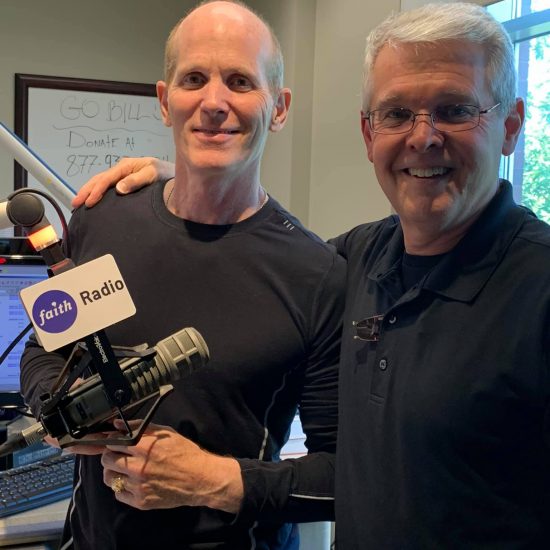Springtime —- a season of hope, right? Not for everyone. According to studies, more suicides occur in the warm, sunny days of spring and early summer than any other time of year. In the northern hemisphere, suicides reach their highest numbers in the months of May and June.
 There is no simple cause-effect answer regarding the why of suicide. Kathryn Greene-McCreight has written that suicide is a choice born out of unbearable pain. Beyond that, we are left with only theories and observations. No matter how much we write or talk about suicide, we seem to never be able to get our minds around its pain and tragedy. John Hewett has called it a “singular act with a plural effect.” And no one is exempt from the reach of self-harm —- Christians, atheists, politicians, actors, poets, homemakers, bankers and pastors.
There is no simple cause-effect answer regarding the why of suicide. Kathryn Greene-McCreight has written that suicide is a choice born out of unbearable pain. Beyond that, we are left with only theories and observations. No matter how much we write or talk about suicide, we seem to never be able to get our minds around its pain and tragedy. John Hewett has called it a “singular act with a plural effect.” And no one is exempt from the reach of self-harm —- Christians, atheists, politicians, actors, poets, homemakers, bankers and pastors.
Given all this pain and fog, how could churches do better in suicide prevention and in grief aftercare?
1. Try a little humility. Since we are not all experts in mental health and since we can never know the reality that another person is living, could we cease drawing conclusions about why someone chooses to die from self-harm? The phrase “I don’t know” needs to be re-introduced into the lexicon of many churches.
2. Watch for signs and take threats seriously. Websites and local mental health providers can offer more details, but all of the following should be considered seriously: excessive talk of death, inappropriate goodbyes, unexplained giving away of possessions, development of a suicide plan.
3. Build authentic community. Research shows that the desire to die begins with an excruciating loneliness (real or perceived). Experts talk about the life-giving power of relationships and the sense of belonging. Above all, churches should be places of connection and inclusion. Sometimes, the person contemplating suicide needs something to look forward to —- a cup of coffee with a friend the next morning, a trip this weekend to go antiquing, a visit from grandchildren soon. Relationships are oxygen to the soul.
4. Start talking about mental illness in our churches. Let’s begin to pray for the mentally ill in our Sunday pastoral prayers and Wednesday night prayer meetings, in the same breath as our prayers for Sister Jones’ hip replacement and Brother Tom’s bypass. Pastors can be careful and thoughtful about illustrations and phrases used in sermons, making sure the mentally ill are treated with dignity. Words have great power. Let’s use them as stewards of mercy, not judgmentalism.
5. Overcome the stigma of professional help. Even among believers, many people still feel that depression, anxiety and other mental health issues are simply matters of not-enough-faith. Why go to a therapist when we can just rededicate our lives at the altar, right? Wrong! Churches could take a lesson from our nation’s armed forces. In a recent year, military suicides dropped 22 per cent, and many attribute that success to education to eliminate the stigma of seeking counseling in a time of need.
6. Develop a healthier theology of grace for those who have taken their own lives. Who says anyone completing suicide cannot go to heaven? That’s not in the Bible. By my count, there are seven instances of suicide recorded in Scripture (Judges 9:54; 16:29-31; 1 Samuel 31:3-6; 2 Samuel 17:23; 1 Kings 16:18; Matthew 27:5). Nothing is said in any of these verses about the eternal state of the deceased. If you want to argue that Judas was called a “son of perdition” (John 17:12, KJV), one could make the case that he was called that because of what he did in life, not because of how he died.
A church member recently wrote me, as he grieved the suicide of a loved one. I wrote back: “God is not angry with your loved one. God is weeping. God loves that person more than you do. If you grieve, think how God must grieve.”
Certainly, suicide is not the answer. Certainly, suicide is not God’s will. God’s heart breaks when we suffer and bring harm to others or to ourselves. But the Bible says nothing can separate us from the love of God in Christ Jesus (Romans 8:39). Nothing. On this, I am a biblical literalist!
Doyle Sager (doyle@fbcjc.org) is senior pastor of First Baptist Church in Jefferson City, Mo.






